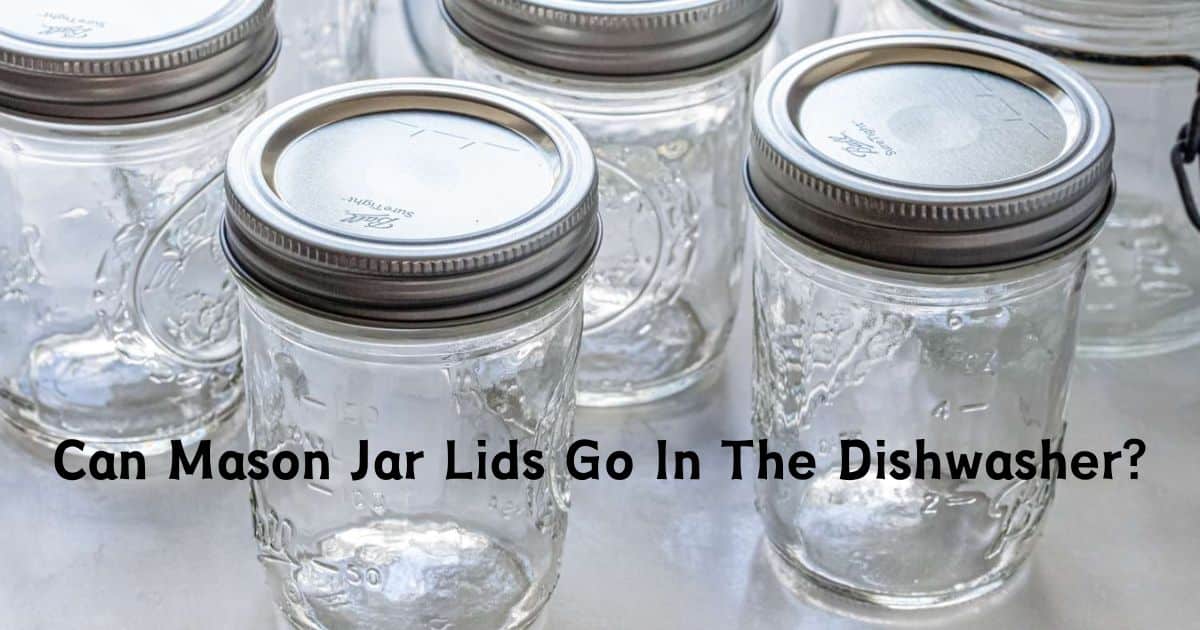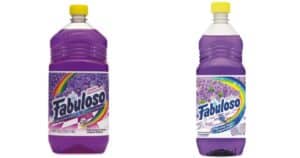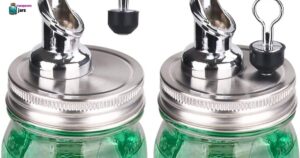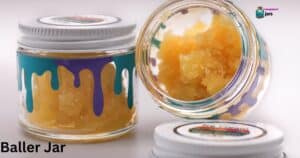Mason jars have become a staple in many households for storing food, preserving jams, and creating trendy DIY crafts. One common question that often arises is whether Mason jar lids can go in the dishwasher.
These versatile lids, often the guardians of homemade delights and creative concoctions, pose a common question for those seeking efficiency without compromising their kitchen essentials. In this article, we will explore the factors influencing the dishwasher safety of Mason jar lids. We will also provide practical tips for maintaining these kitchen essentials. Let’s started!
Mason Jar Lid Materials
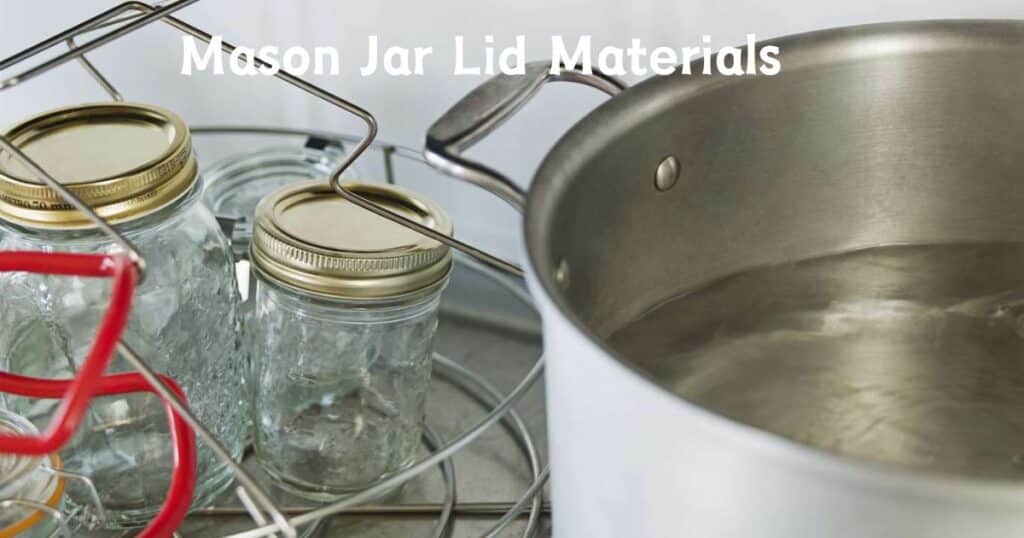
1. Metal Lids
Most traditional Mason jar lids are made of metal, typically a combination of steel and tin. These lids consist of two parts: a flat metal disc and a threaded metal ring. The flat disc contains a sealing compound, usually a rubberized material, to create an airtight seal when properly tightened.
2. Plastic Lids
In recent years, plastic Mason jar lids have gained popularity as a lightweight and reusable alternative to traditional metal lids. These lids often come with a removable silicone gasket to ensure a tight seal.
Dishwasher-Safe Mason Jar Lids
1. Metal Lids
Metal Mason jar lids are generally dishwasher safe, but there are factors to consider:
- Sealing Compound Integrity: Dishwashing may affect the integrity of the sealing compound over time. Inspect the rubberized material for any signs of wear or deterioration.
- Rust Resistance: Ensure that the metal used in the lids is rust-resistant to prevent any compromise in food safety.
- Top Rack Placement: To minimize wear on the sealing compound, place metal Mason jar lids on the top rack of the dishwasher.
- Avoid Harsh Detergents: Opt for mild detergents to prevent corrosion and damage to the metal.
2. Plastic Lids
Plastic Mason jar lids are generally considered dishwasher safe, but precautions should still be taken:
- Before placing plastic Mason jar lids in the dishwasher, it’s advisable to remove the silicone gasket if it’s detachable. This prevents potential warping or damage to the gasket during the washing cycle.
- Similar to metal lids, placing plastic lids on the top rack of the dishwasher is recommended to avoid exposure to excessive heat.
Factors To Consider Before Dishwashing Mason Jar Lids
- Age And ConditionInspect the Mason jar lids for signs of wear, rust, or deterioration. Older lids with compromised sealing compounds may not withstand the dishwasher’s harsh environment.
- Manufacturer RecommendationsAlways refer to the manufacturer’s guidelines for specific care instructions. Some lids may come with explicit instructions regarding dishwasher use.
Alternatives To Dishwashing Mason Jar Lids
Handwashing
For those who prefer to err on the side of caution, handwashing Mason jar lids is a viable alternative. Use a mild detergent and warm water to clean the lids thoroughly.
Quick Tips For Dishwashing Mason Jar Lids
- Remove Residue Promptly: Rinse Mason jar lids promptly after use to prevent food residues from drying and sticking.
- Air Drying: Whether handwashing or using the dishwasher, allow Mason jar lids to air dry completely before storing them.
How Do You Clean Mason Jar Lids?
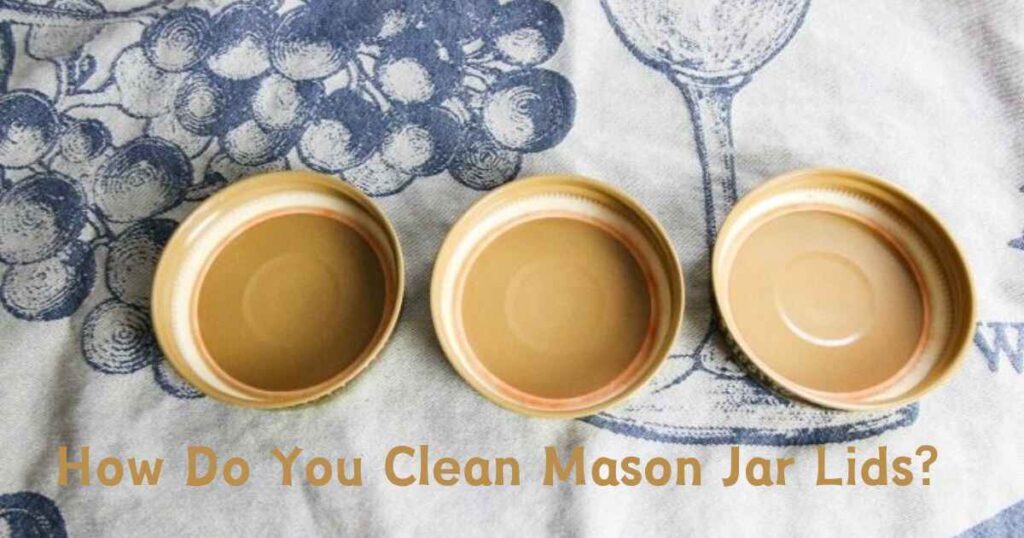
Cleaning Mason jar lids is a straightforward process that ensures the longevity and hygiene of these essential kitchen accessories. Here’s a simple guide on how to clean Mason jar lids effectively:
Materials Needed:
| Materials Needed |
|---|
| Warm Water |
| Mild Dish Soap |
| Soft Sponge or Cloth |
| Small Brush (optional) |
| Drying Rack or Towel |
Steps To Clean Mason Jar Lids:
Here are the step-by-step guide to clean the mason jars. These steps are the following:
1. Prepare The Washing Area:
Before you begin, clear a space for washing the Mason jar lids. Having all your materials ready will make the process more efficient.
2. Disassemble The Lids:
For metal Mason jar lids, disassemble the components by removing the metal disc from the threaded ring. If using plastic lids, check if there is a removable silicone gasket and take it out.
3. Rinse Off Excess Residue:
Hold the Mason jar lids under warm running water to rinse off any excess food residue. This initial step helps prevent residues from drying and sticking during the washing process.
4. Apply Dish Soap:
Apply a small amount of mild dish soap to the soft sponge or cloth. Ensure that the soap is gentle to avoid any damage to the sealing compounds or materials.
5. Clean The Lids:
Gently scrub the metal disc, threaded ring, and any other components with the soapy sponge or cloth. For plastic lids, pay attention to the areas around the removable silicone gasket if applicable.
Tips:
- Use a Small Brush: If there are hard-to-reach areas or crevices, a small brush can be handy for thorough cleaning.
6. Rinse Thoroughly:
After cleaning, rinse the Mason jar lids under warm water to remove any soap residue. Ensure that all soap is washed away to prevent any lingering taste or odor.
7. Air Dry Completely:
Place the disassembled Mason jar lids on a drying rack or a clean towel to air dry completely. Make sure each component is exposed to air to avoid any moisture buildup.
Tips:
- Avoid Towel Fibers: If using a towel, ensure it’s lint-free to prevent fibers from sticking to the lids.
8. Reassemble (if applicable):
Once the Mason jar lids are completely dry, reassemble the components. For metal lids, ensure the sealing compound is in good condition before reusing.
9. Store Clean Lids:
Store the clean Mason jar lids in a clean and dry environment, ready for your next use.
Additional Considerations:
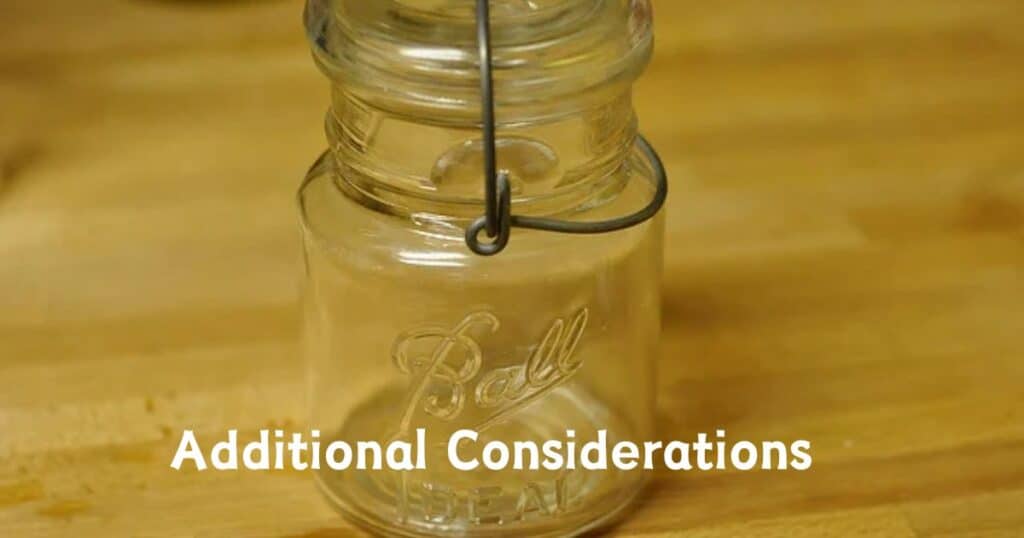
- Handwashing vs. Dishwasher: While Mason jar lids can often go in the dishwasher, handwashing provides a more gentle option, especially for older lids with compromised sealing compounds.
- Inspect Regularly: Periodically inspect Mason jar lids for signs of wear, rust, or deterioration. Replace lids if needed to maintain food safety.
By following these simple steps, you can keep your Mason jar lids clean and in good condition for multiple uses. Regular cleaning and proper storage contribute to the longevity and effectiveness of these versatile kitchen accessories.
FAQ’s
How many times can you use a Mason jar lid?
While the sealing lids for home canning can be used many than once, the screw bands are reusable. Nonetheless, you can repurpose them for the storage of any leftover canned goods (jam, jelly, preserves, soup, stew, sauce, etc.) or for any non-food or non-perishable non-food objects in the jar.
Do you need to sterilize Mason jar lids?
Ball recommends no pre-warming of lids, stating it’s unnecessary with the transition from latex-based to plastisol material. Simmering is still safe, but boiling is advised against; preheating won’t harm the lids.
Is it safe to cook with a mason jar lid?
Mason jars can cause explosive pressure on the glass when heated or sealed, especially when the lid is on. This can result in a very messy kitchen or, in the worst case scenario, severe burns, wounds, and shards in your food and flesh.
Can you put mason jar lids in boiling water?
Although the previous instructions advised placing the lids in hot, simmering water before removing them and sealing the jars right away, Jarden now says that heating the lids is not required to get a good seal. Alternatively, just give the lids a quick wash and use them at room temperature.
Final Thoughts
In short, Mason jar lids, both metal and plastic, can generally go in the dishwasher with proper care. Regular inspection, adherence to manufacturer recommendations, and employing recommended practices can help maintain the integrity of these essential kitchen accessories. By understanding the materials, considering factors such as age and condition, and following basic guidelines, you can confidently incorporate Mason jar lids into your dishwasher routine while ensuring their longevity and functionality.

